Ministry cracks down on exaggerated claims about vehicles' capabilities
"They are nothing but lies," said Wang Yun, a 35-year-old teacher at a middle school in Tianjin, about many carmakers' marketing campaigns to promote smart driving vehicles.
Once an avid fan of the electric Xiaomi SU7, Wang's enthusiasm for such vehicles waned after a fatal crash in East China's Anhui province in March involving the model.
Three young people were in the vehicle, cruising on a highway late at night at 116 kilometers per hour with its smart driving system Xiaomi Pilot on, when the car suddenly prompted the driver to "take over" after it detected an obstacle.
Data from Xiaomi shows the driver immediately took control of the vehicle. However, it ended up crashing into a concrete barrier at 97 km/h and bursting into flames, killing all three occupants of the car.
The popularity among young people of Xiaomi and its founder Lei Jun sparked widespread discussion about the safety of the vehicle's smart driving system and its technology.
The tragedy also prompted Wang to question whether the technology was perfect, as many automakers claimed. "How can any human driver solve such a problem in three seconds?" he asked.
Wang later discovered that carmakers make it clear in user manuals that a smart driving system cannot cope with every situation. They are legally required to make such disclosures, however, they don't mention these clarifications at product launches.
On social media, there are multiple video clips in which executives confidently and enthusiastically boast that their cars are smart enough to outperform experienced drivers. They usually show footage of a smart driving system avoiding all accidents.
One of the executives who often takes to social media is Yu Chengdong, head of Huawei's smart car solutions. He wrote on the Weibo platform that his Luxeed "drove itself all the way" when he returned from his home city of Huoqiu, Anhui, to Shenzhen, Guangdong province, during the Spring Festival holiday earlier this year.
Luxeed is one of the marques codeveloped by carmakers and Huawei that uses the technology giant's smart driving system. The vehicles are marketed under the banner of the Huawei Intelligent Mobility Alliance.
Lu Fang, CEO of automaker Dongfeng's premium marque Voyah, has warned about exaggerating the capabilities of smart driving. "The problem isn't with the technology itself — it's with how it's being marketed," he said.
Lu said carmakers should accurately inform potential buyers about the capabilities of a specific model.
"Safety is the baseline. They must know what their vehicles can do," he said, adding buyers shouldn't be confused by "vague ideas".











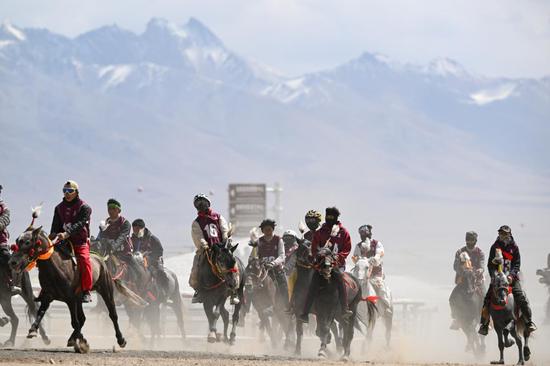
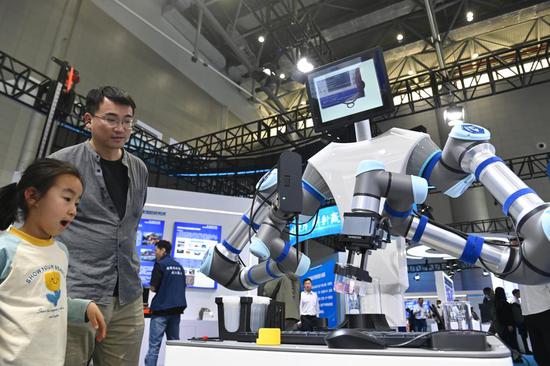






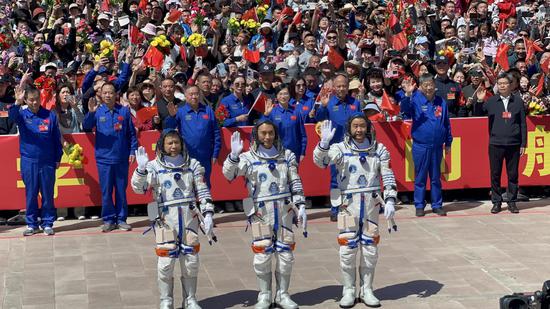

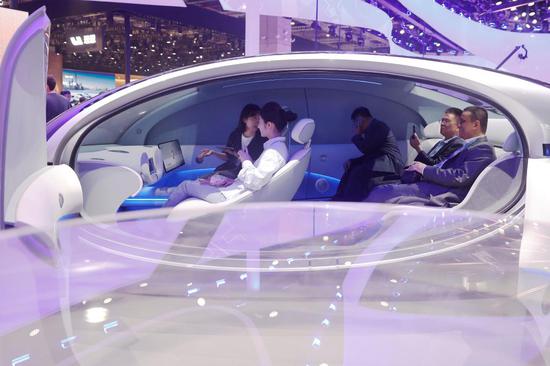
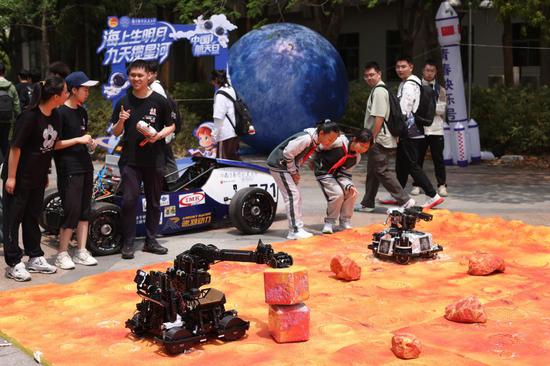
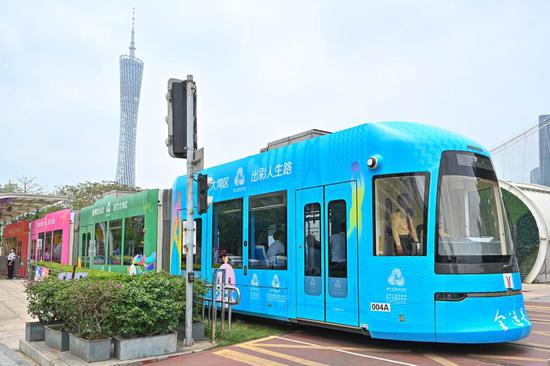

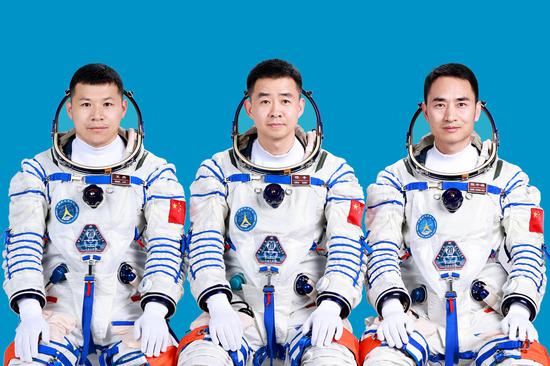
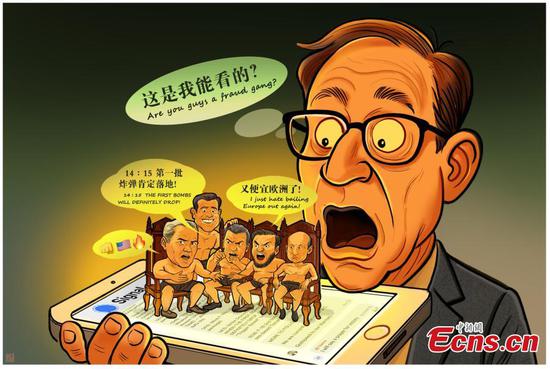

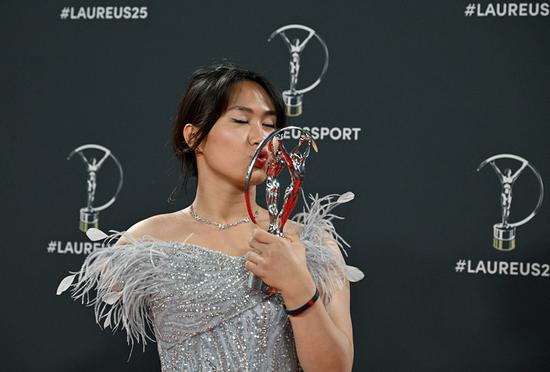

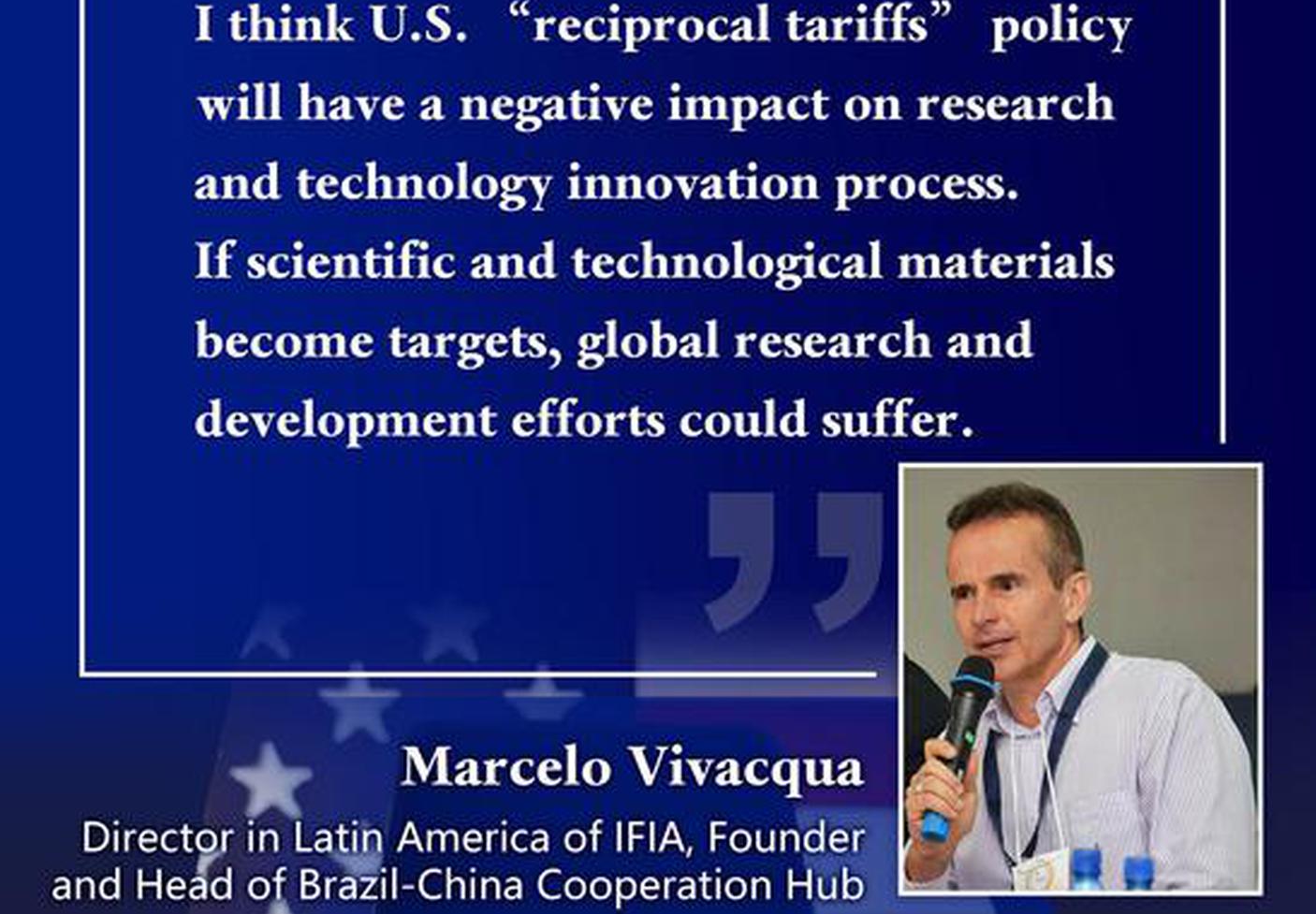



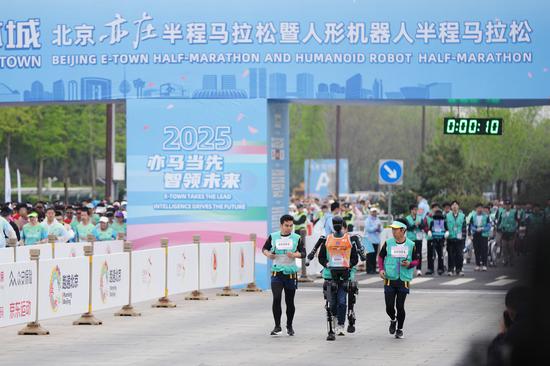
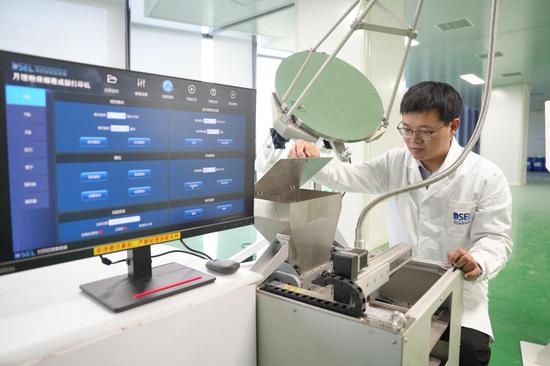
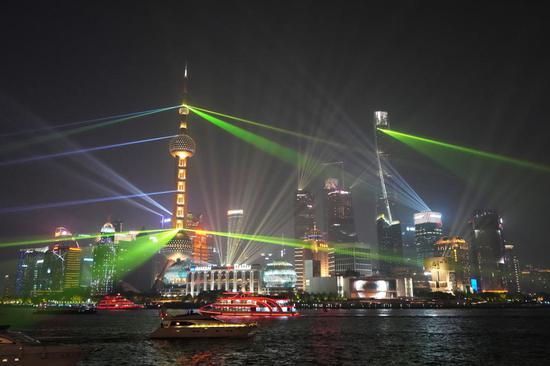
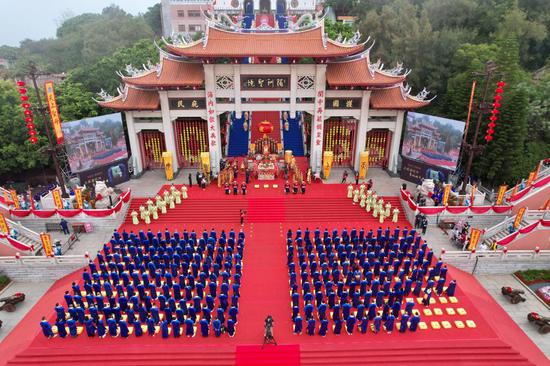
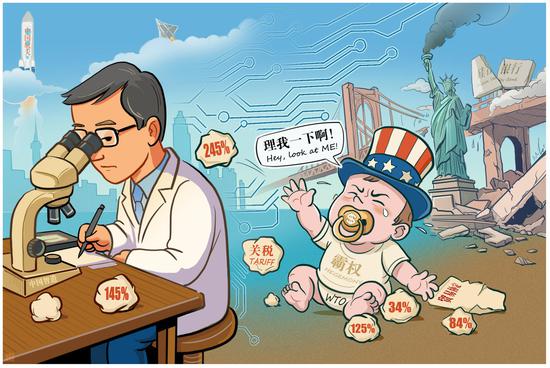
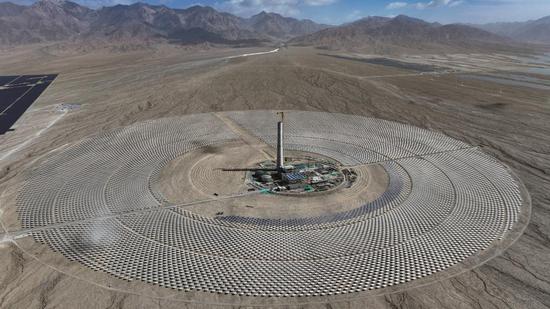
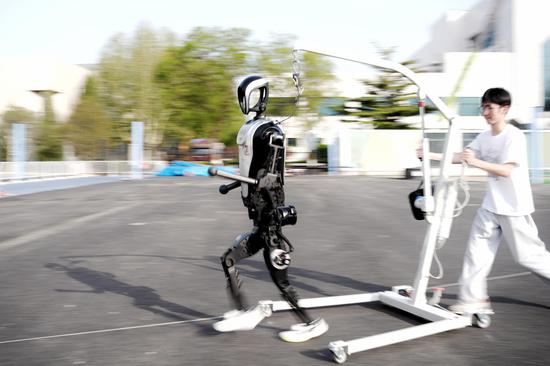


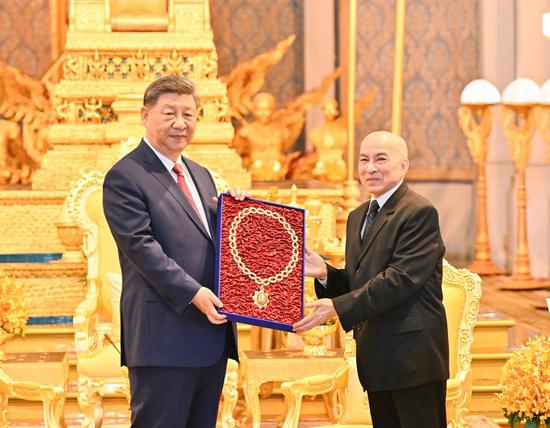


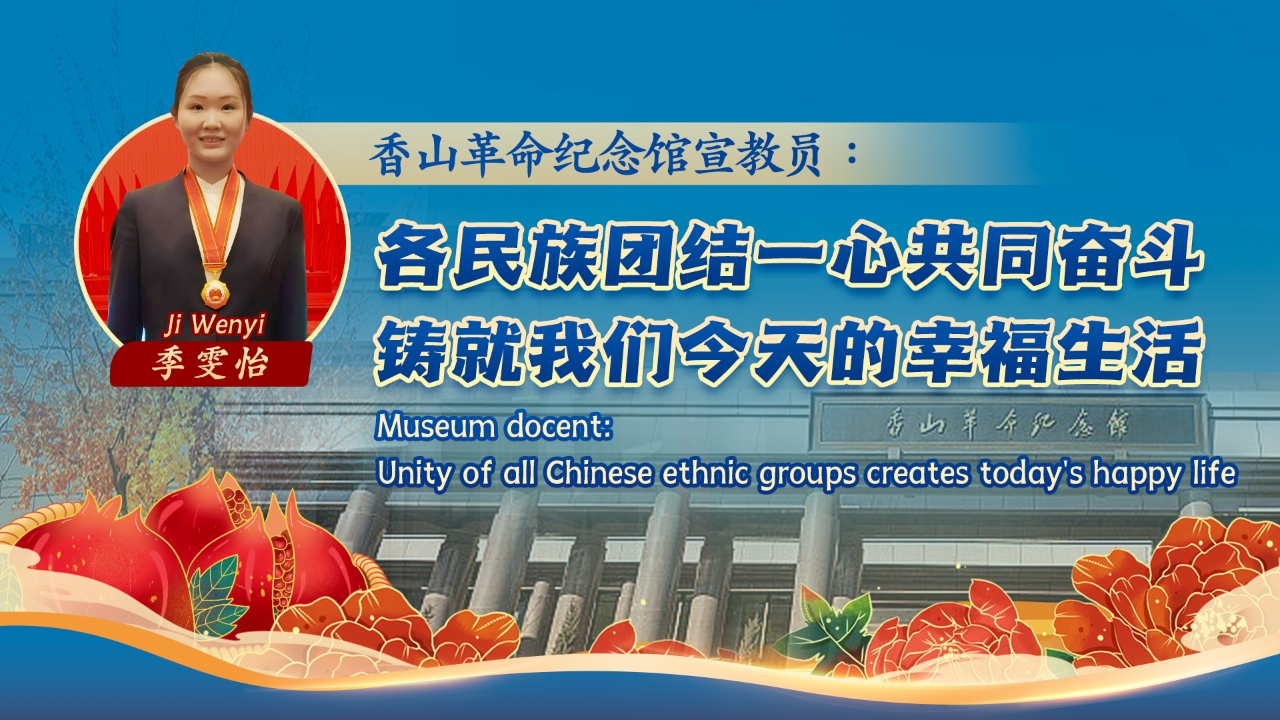

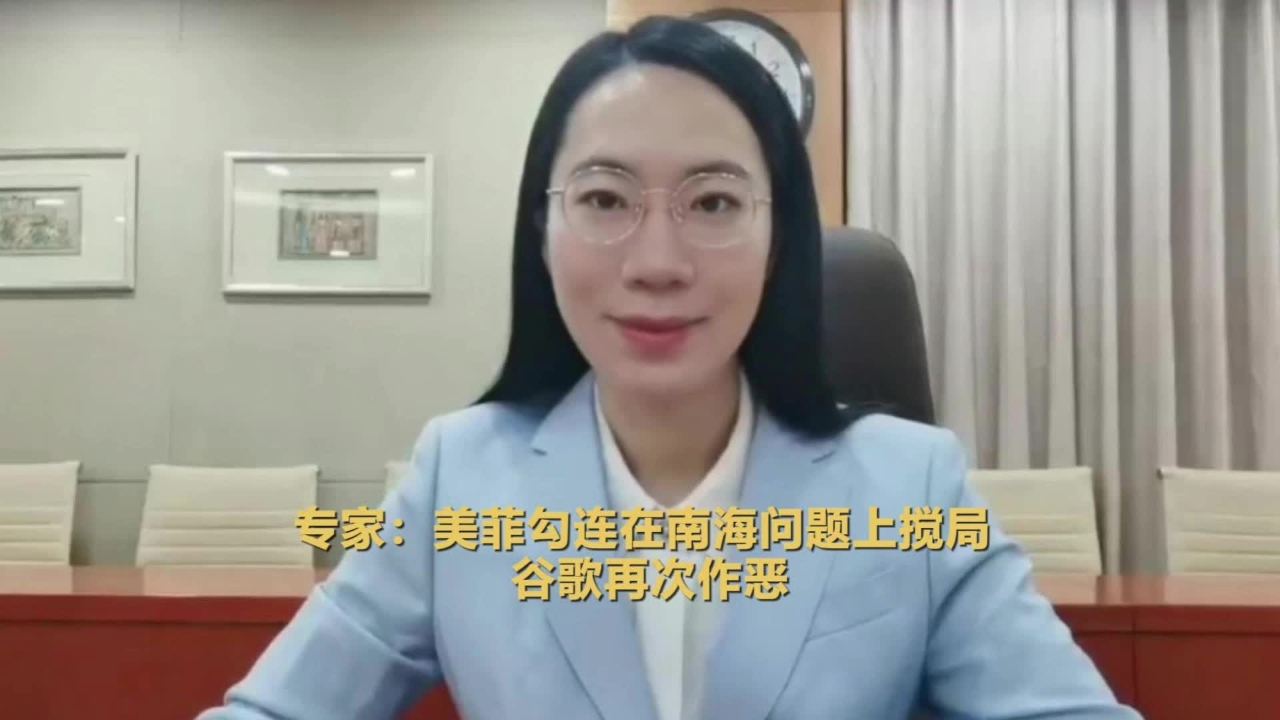

 京公網安備 11010202009201號
京公網安備 11010202009201號